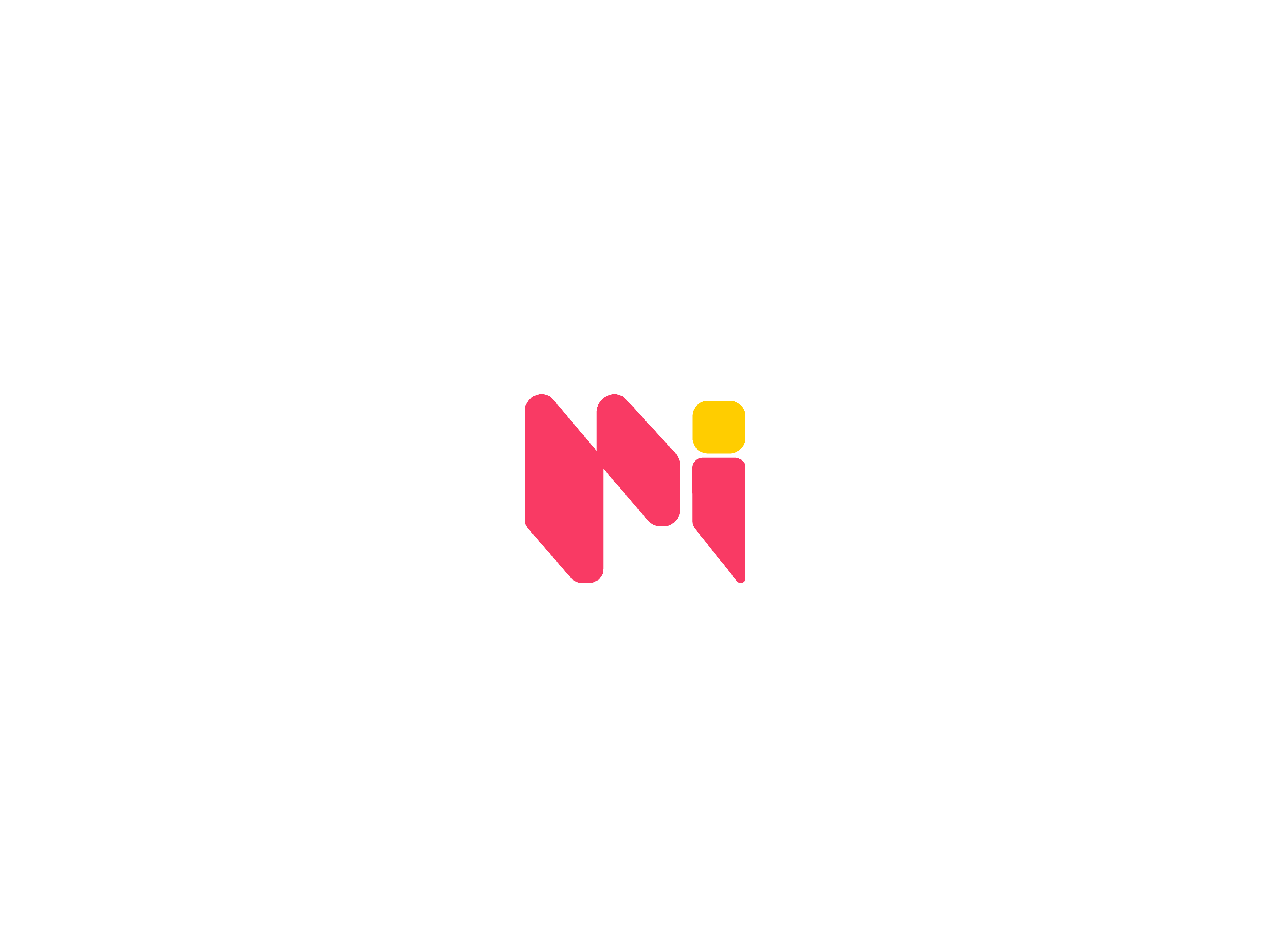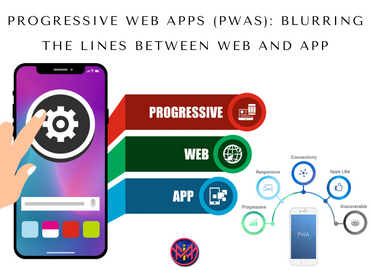


What are PWAs?
PWAs are essentially web applications that leverage modern web technologies to deliver an app-like experience directly through a web browser. This means users can access PWAs just like any other website, without the need for app store downloads and installations. However, PWAs go beyond static websites by offering features like:
Offline Functionality: Cache essential resources like content and data, allowing users to access the PWA even when they're offline. This is a significant advantage over traditional websites that become unusable without an internet connection.
Push Notifications: PWAs can send real-time alerts and updates to users, similar to native apps, keeping them engaged and informed.
Home Screen Integration: Users can add PWAs to their home screen, creating an icon just like a native app. This allows for quick and convenient access without needing to navigate through a browser.
Background Sync: Processes like sending emails or updating data can occur in the background, even when the user isn't actively using the PWA.
Fast and Responsive Experience: PWAs utilize service workers and caching mechanisms to ensure lightning-fast loading times and smooth performance, even on low-bandwidth connections.
Enhanced User Experience: PWAs offer a faster, more responsive experience compared to traditional websites. Offline capabilities and push notifications further enhance user convenience.
No Downloads or Installations: Users can access PWAs directly from their browsers, eliminating the need for app store downloads and saving valuable storage space on their devices.
Wider Accessibility: PWAs work seamlessly across different devices and operating systems, allowing users to access them from any device with a web browser.
Lower Data Consumption: Optimized caching mechanisms in PWAs reduce data usage, making them ideal for users on limited data plans.
Benefits of PWAs for Businesses:
Increased User Engagement: PWAs offer app-like features that keep users engaged and coming back for more. Push notifications further enhance user engagement by providing timely updates and reminders.
Improved Conversion Rates: PWAs offer a frictionless experience compared to native apps, potentially leading to higher conversion rates for e-commerce businesses.
Reduced Development Costs: Compared to developing and maintaining separate native apps for different platforms, PWAs offer a cost-effective solution with a single codebase that works across devices.
Wider Reach: PWAs can be accessed by anyone with a web browser, regardless of their device or operating system, potentially expanding a business's reach and customer base.
Several renowned companies have adopted PWAs to great success. Here are a few examples:
Twitter Lite: This PWA offers a lightweight and fast version of the Twitter experience, particularly beneficial for users on slower connections.
Starbucks: The Starbucks PWA allows users to order and pay for their coffee in advance, enhancing convenience and reducing wait times.
Forbes: The Forbes PWA delivers a fast and optimized user experience for reading news articles on any device.
Spotify: Spotify offers a PWA version of its music streaming service, allowing users to access their playlists and cached music even offline.
The Future of PWAs:
PWAs represent a significant leap forward in web development, blurring the lines between web and app. As web technologies continue to evolve, we can expect PWAs to become even more powerful and ubiquitous. Increased adoption by businesses across sectors and continued improvements in features and functionalities will undoubtedly solidify PWAs' role in the future of mobile experiences.
If you're intrigued by the potential of PWAs and want to explore building your own, many resources and frameworks are available. Popular options include Workbox, Lighthouse, and the PWA Builder from Google. Additionally, countless online tutorials and guides can equip you with the knowledge and tools to create your own PWA and experience the benefits firsthand.
In Conclusion:
Progressive Web Apps offer a compelling solution for businesses and users alike. They provide a smooth, app-like experience accessible through a web browser, eliminating download hassles and offering offline capabilities. As PWAs continue to evolve and gain traction, they have the potential to revolutionize the way we interact with the web on mobile devices and beyond.